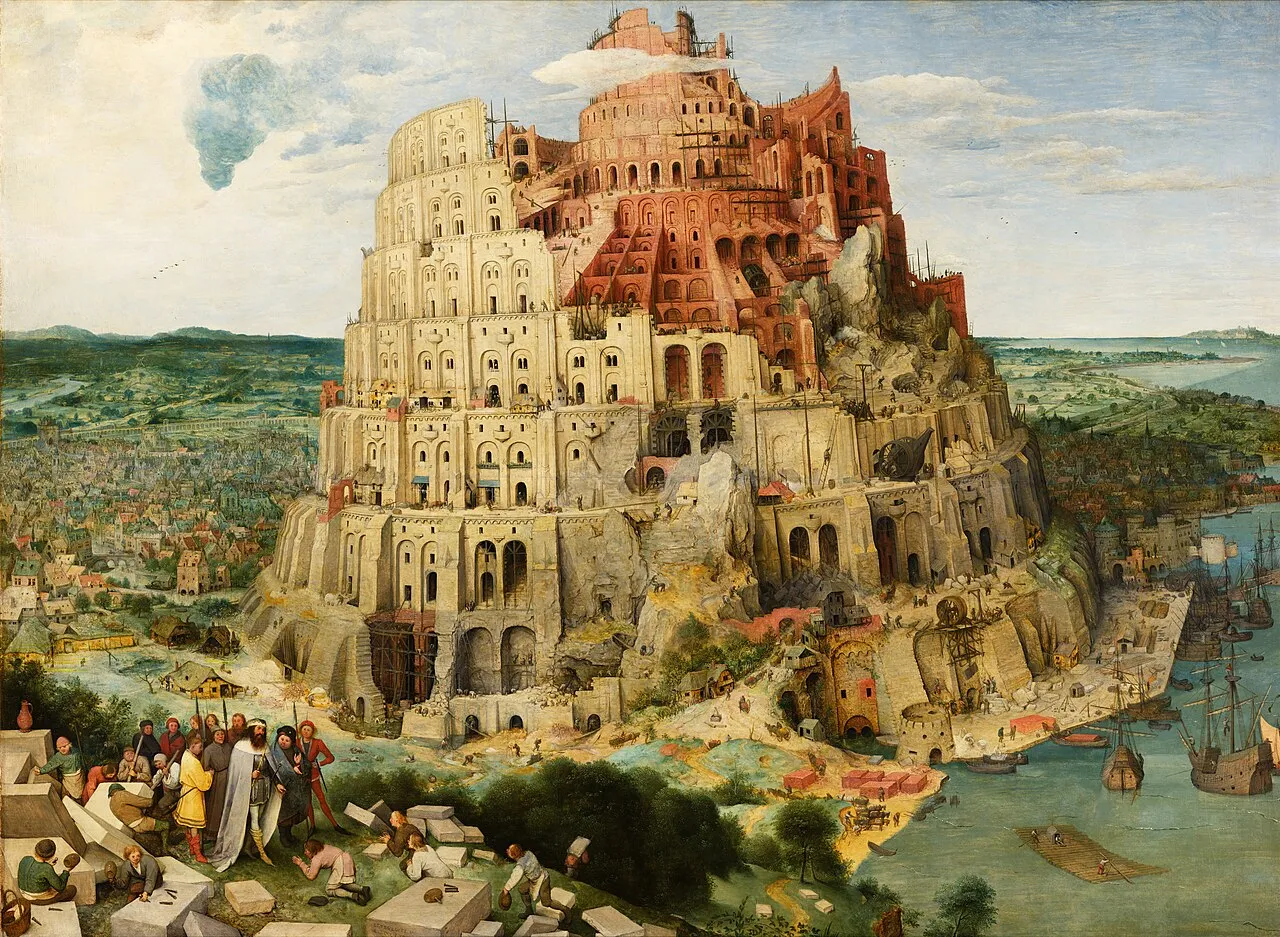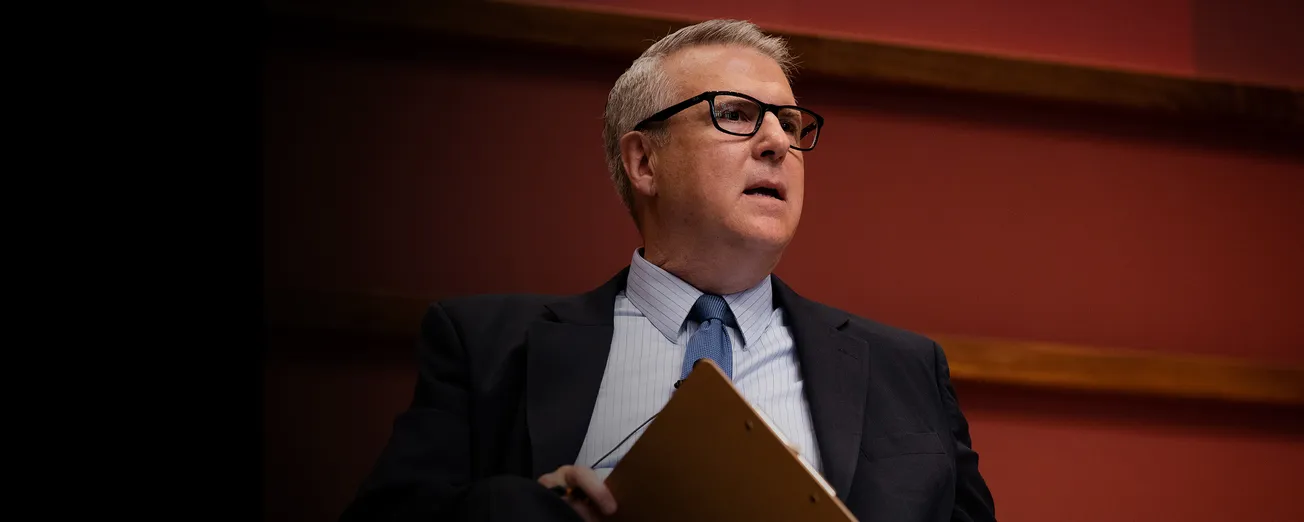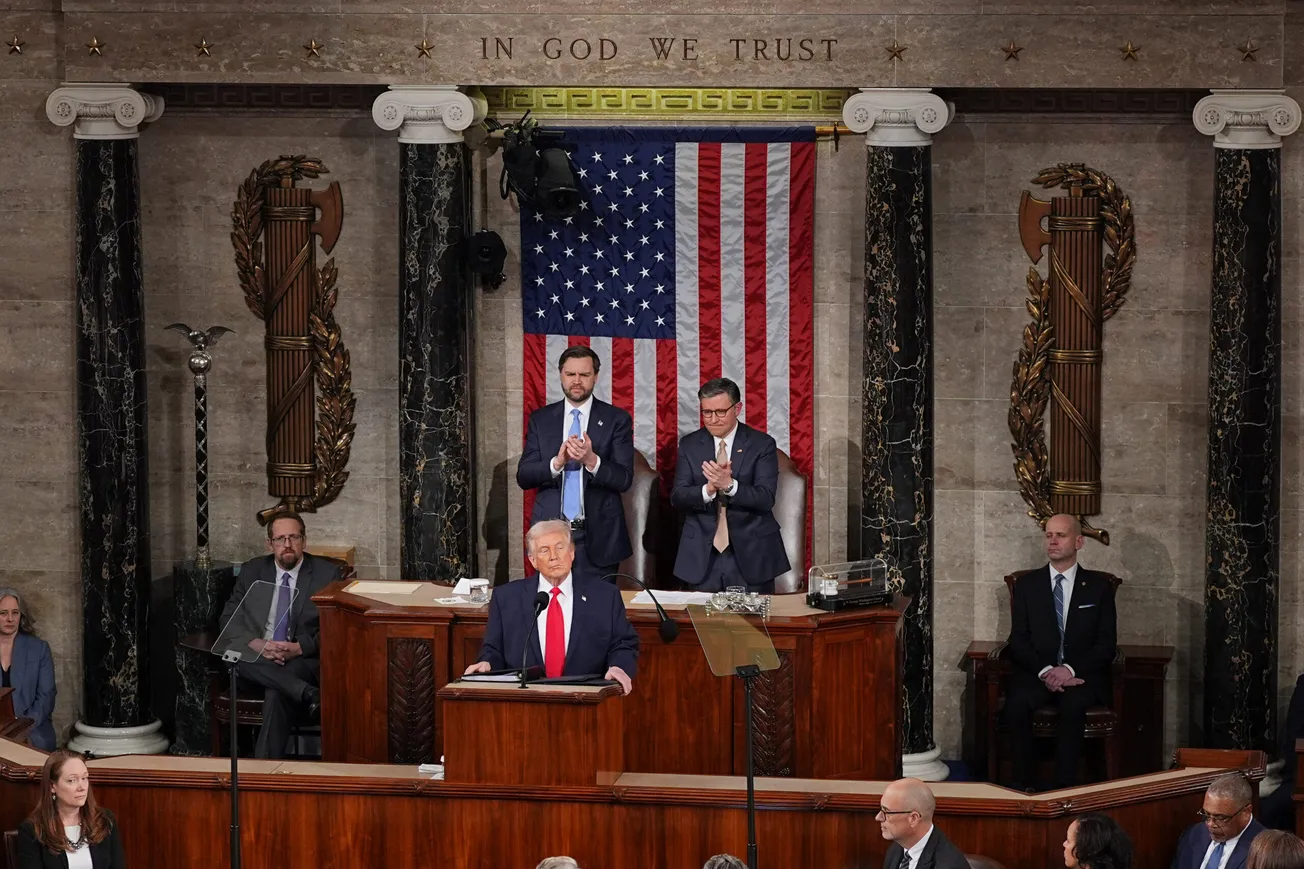Table of Contents
“Disadvantages of an Elite Education” by William Deresiewicz is an article that has been cycling around campus since 2008. It shows up in Facebook news feeds and dorm email lists especially around finals times.
The article discusses how elite education forms social exclusivity, builds a one-sided view of intelligence, and supports a false sense of worth. The article has helped some people reassess their college experience.
Others find comfort in Deresiewicz’s indictment, even if it does not align with their particular disappointments. While I recognized Deresiewicz’s concerns, I felt they did not align with how I’ve grown while at Stanford.
The article inspired me to assess the advantages of elite education. Ultimately, I decided to share my ideas by applying to be the student speaker for the Baccalaureate service. While my speech was not selected, I would still like to share my thoughts. Here they are in speech form:
Reflecting on my Stanford experience, my thoughts led me to senior year of high school. During that year, I wrote about John Steinbeck for an English paper. My mom had also written about Steinbeck in high school and I read the same copy of a book she read thirty years prior. It was a magical feat of time travel to dialogue with my mom’s teenage thoughts through her highlighter marks and notes in the margin. In reading my mom’s teenage words, she became real to me, and our connection made Steinbeck’s words more tangible.
One passage that stuck with me is from Steinbeck’s East of Eden that describes what happens “when a child first catches [on]” that adults are imperfect. The child’s “world falls in to panic desolation. The gods are fallen and all safety is gone.” And from the splinters, the child rebuilds the world in “an aching kind of growing up.”
During my time at Stanford, my gods have fallen from their Mt. Olympus residence, changing my childhood world. I am fortunate because I have not experienced extreme tragedies in these four years. Rather, my stable castle’s façade crumbled. One of the virtues of Stanford is the cumulative effect of living, working, and studying here. These experiences pull back the curtain that conceals the wizard. They force the fall of gods.
Flash back to the beginning of sophomore year. I sat outside the CoHo with my pre-major advisor. I sat with her and stressed about how to uncover my passions, pursue them, and fundamentally change the world in the next nine months. I was dissatisfied with classes and thirsted for intellectual curiosity and purpose. Amidst this angst, my advisor guided me from the minutiae of MY life. She asked about what I believed constituted the complete transition from childhood to adulthood. I promptly replied: “financial independence and stability!” I think she cringed a bit.
My basic platform was, “Yeah, all that other stuff — love, ethics, philosophy, how we treat others — is important but they’re not distinguishing factors of adulthood. Financial independence is.” For me, “that other stuff” was assumed — of course I would ground my life in ethics and strive to treat people right. Of course others would do the same. Of course people would act responsibly once beyond college shenanigans. These assumptions were my safety net. This net is what allowed me to hold faith in my gods. My gods were the infallibility of those who seek social justice, the naïve concept that an ideal will self-implement, and the notion that I would find my life-long purpose at Stanford.
Bit by bit, my romanticized gods crumbled. The first couple of times, they drove me to tears and paralysis. After I recovered, I would grab on to a new panacea and the pattern repeated.
The beauty of experiencing these crashes at Stanford was that I could not pass blame. I could not say, “Well, if people had more resources, were smarter, or tried harder, then this would not have happened.” No. The gods crumbled in spite of places like Stanford.
Yet each time my world shattered, the “panic desolation” grew less grim. I learned to think critically and see the good ideas and glimpses of hope in the rubble. I learned that “all that other stuff” is not tangential or assumed. I am learning to temper idealism with critical analysis while avoiding cynicism. I am thankful that my world shattered at Stanford and that I am experiencing “an aching kind of growing up.”




